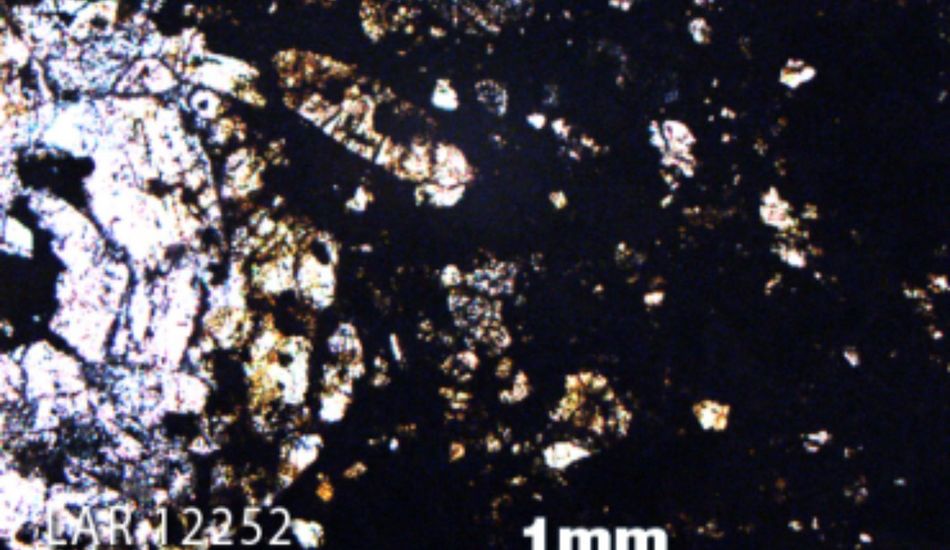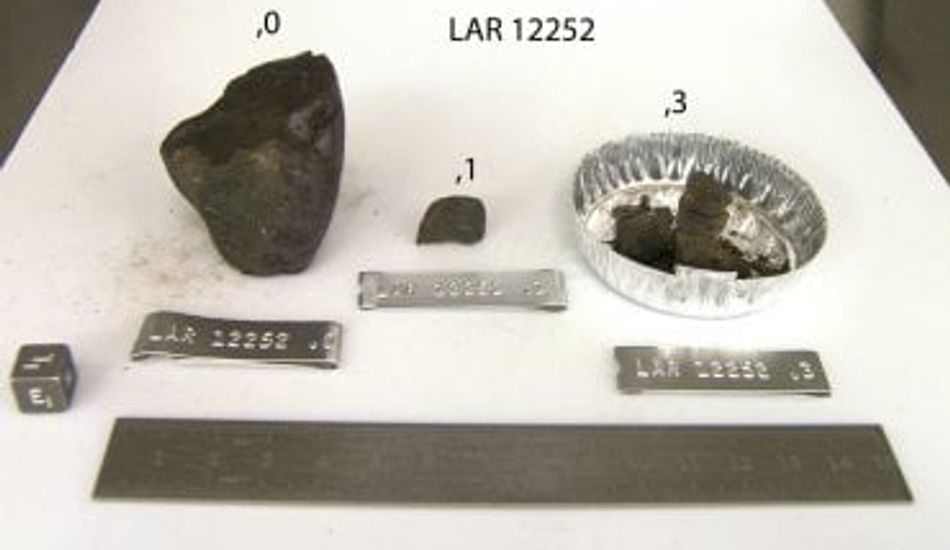
Earth's Water: New Research Points to Internal Origin, Not Asteroids
The origin of water on Earth, a cornerstone for life as we know it, has always been a topic of scientific debate. A prevailing theory suggests that asteroids delivered hydrogen, a crucial element for water formation, through collisions in Earth's early years. However, recent research challenges this idea, proposing that Earth may have possessed sufficient hydrogen on its own.
Researchers in the UK have made a significant discovery: previously unknown quantities of hydrogen within enstatite chondrite meteorites. These meteorites are particularly interesting because their composition closely mirrors that of Earth approximately 4.55 billion years ago. The implication is profound – if these meteorites contained their own hydrogen source, then early Earth likely did as well. This means that Earth could have generated its own water without relying on external sources like asteroids.
According to James Bryson of the University of Oxford’s Department of Earth Sciences, this finding supports the idea that water formation on Earth was a natural process, rather than a coincidental event involving hydrated asteroids bombarding the planet. The research team investigated an enstatite chondrite meteorite from Alaska, known as LAR 12252. While previous studies had detected traces of hydrogen in the same meteorite, concerns existed that these traces might be due to contamination from Earth.
Unlocking the Secrets Within Meteorites
The scientists hypothesized that LAR 12252 might contain substantial amounts of "native" hydrogen, chemically bonded to sulfur. To investigate this, they used a powerful X-ray beam to analyze the meteorite for sulfur compounds. Their analysis revealed the presence of hydrogen sulfide within the matrix surrounding chondrules, the meteorite’s tiny spherical components. The amount of hydrogen sulfide found was significant, exceeding the hydrogen levels previously detected in the non-crystalline parts of the chondrules by a factor of five.
Crucially, areas of the meteorite showing clear signs of terrestrial contamination, like rust, had minimal hydrogen content. This suggests that the hydrogen sulfide in the matrix is likely intrinsic to the meteorite. Given the compositional similarities between the meteorite and early Earth, the researchers believe that Earth likely possessed enough hydrogen to produce its present-day water volume by the time it was subjected to asteroid impacts.
Tom Barrett, lead author of the study from the University of Oxford’s Department of Earth Sciences, expressed excitement over the discovery, highlighting the low probability of terrestrial contamination as the source of the hydrogen sulfide. He emphasizes that this research offers critical support for the theory of native water on Earth, suggesting that it is a natural consequence of Earth's composition. The research was published earlier this month in Icarus.
As water is indispensable for all known life forms, this new understanding of its origin on Earth provides insights into the long-standing enigma of how life itself began on our planet. The study suggests the building blocks for life were present from the very beginning.
1 Image of Earth Water Origin:


Source: Gizmodo